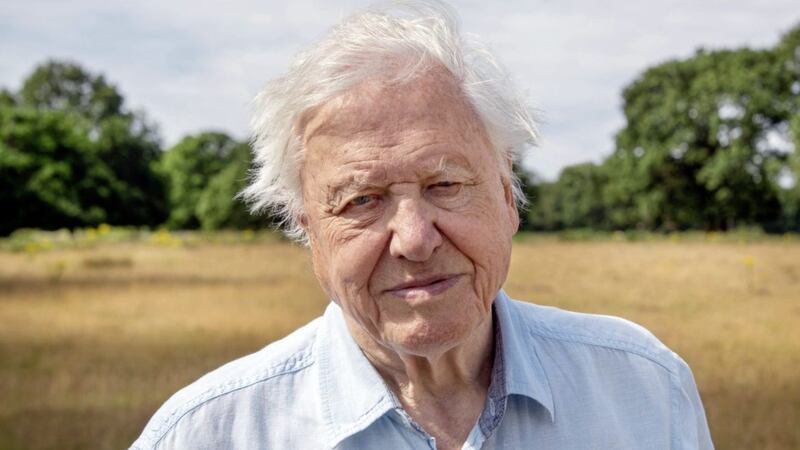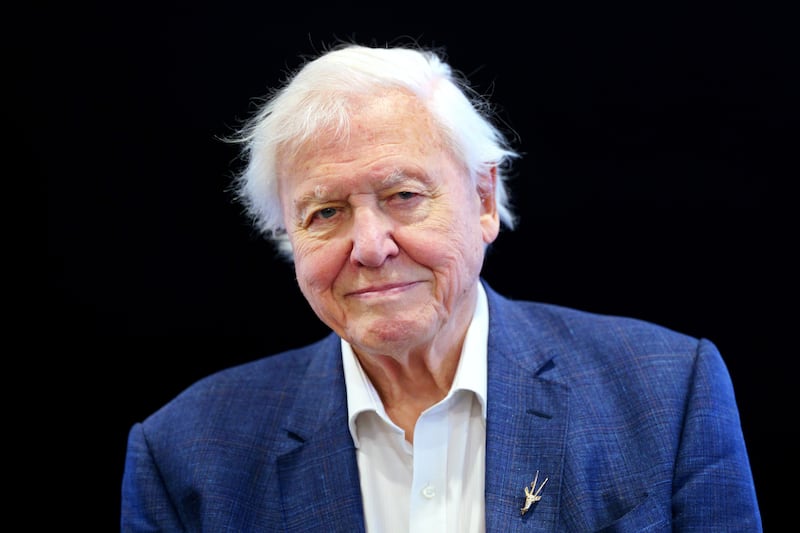SIR DAVID Attenborough returns to our screens this weekend with a new five-part series, A Perfect Planet, on BBC One. Shot across 31 countries over the space of four years and described by the BBC as "a landmark series", it takes a closer look at the forces of nature affecting the Earth.
A Perfect Planet will show animals living all around the world, from the white wolves of Ellesemere Island in Canada to bears in Kamchatka in Russia. It will also look at how the forces of nature – weather, ocean currents, solar energy and volcanoes – drive, shape and support life on Earth and how animals have adapted to whatever the environment throws at them.
The BBC team travelled to the far corners of the globe in search of rarely-seen species and breathtaking filming locations. From the Indian Monsoon to Hawaiian volcanoes, tidal islands of the Bahamas to the extremes of the Arctic winter, the first four episodes each explore a different element: Volcano, The Sun, Weather, Oceans and Humans.
Tackling a plethora of pertinent questions, A Perfect Planet shows both the positive and negative impact that humans and nature alike can have on our planet. Ahead of the series premiere tomorrow evening, we asked Sir David (94) about what viewers can expect from his latest endeavour.
:: Do you address the scale of human impact on the planet in this series?
The first thing I keep reminding myself of is that there are three times as many human beings on this planet as there were when I first made a television programme. It's right now, it's happening, and if we don't sort out how we deal with the planet, we're in big trouble.
:: Do you have a favourite scene from A Perfect Planet?
I have to say, the flamingo sequence is one of the most memorable sequences I've seen on television. Shot under extraordinarily difficult circumstances, it's impossible not to identify with these poor little chicks who have to make it from the middle of this appalling lake to the edge to get away from their nest in the centre.
This series has been filmed so beautifully, with the use of drones – that is to say, cameras which can take you up into the sky and see whatever you want to see – it's so skilful. And the pictures are so indelibly planted on the mind, that's what I think about actually on the whole series. My goodness, it's extraordinary.
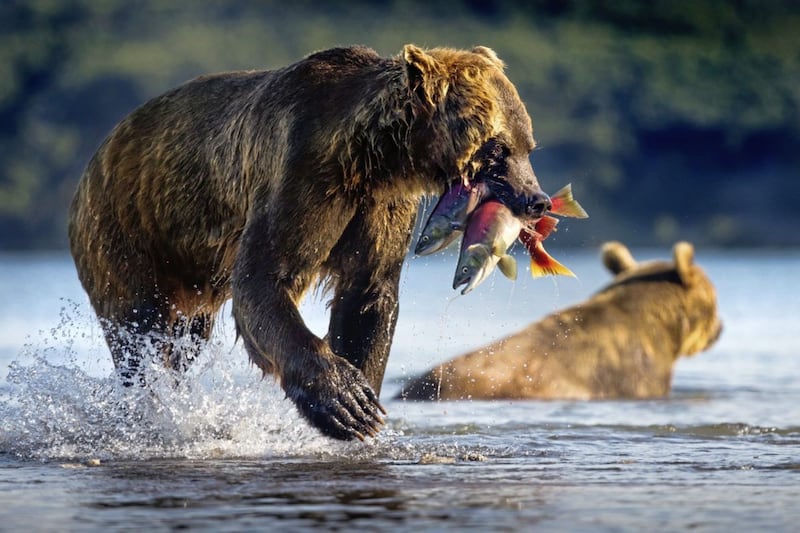
:: Does climate change remain the biggest threat to our planet?
If we warm the Earth to such a degree that the Arctic melts, every city in the world – every big city in the world, very nearly – will be underwater. A high proportion of the important cities in the world are built around the coast because of their ports and, if the northern Arctic melts, the seas are going to rise and flood those cities.
That's not imagination, that's not HG Wells, it's not science-fiction: it's going to happen and we have still got a chance to stop it happening. What we have to do to persuade people that's the case. You have to say there's a very strong element in the United States that does not believe it – including the past president.
:: What small changes can people make that will have a big impact?
Don't waste. That's what they can do – and that's what they'll be forced to do, really. I mean, it is extraordinary how much we do waste at Christmas, simply on wrapping paper – and I'm as guilty as anybody.
The chap who collects the refuse from this house would, I'm sure, say, "the amount of paper he throws away is awful" – and that's true. But the sort of lush extravagance of Christmas, perhaps, is out of place at this particular moment.
:: Do you feel a responsibility to educate people using the platform you've created?
I sort of mistrust too much 'personality'. I'm embarrassed by my own, every time I'm referred to. And I'm sure that Greta Thunberg would actually say the same. But, it's the way of things, there have to be people that speak.
We understand why it is that a personal statement is more powerful than one that's an abstract statement or one that's not backed up. Greta's very good on this – Greta says all the time, "it's not me, it is the science, it is the science we must listen to and the scientists", and I absolutely agree.
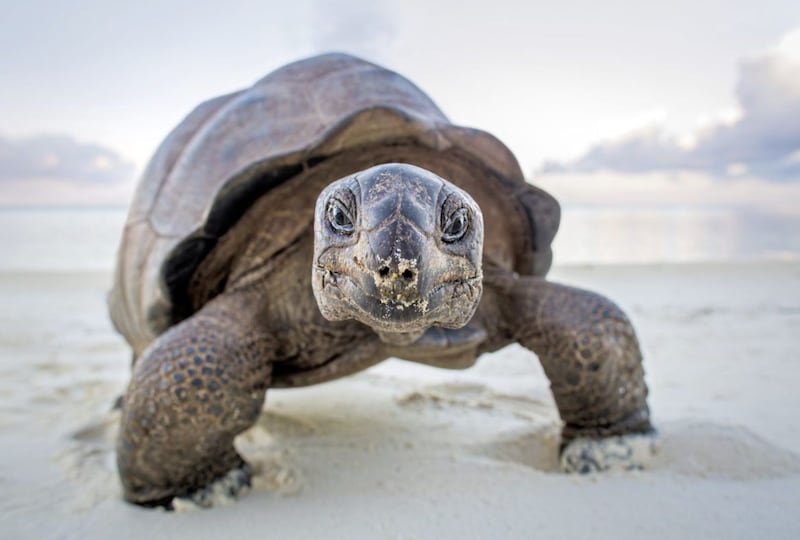
:: Is it frustrating to see people in power ignoring your warnings?
Rome wasn't built in a day and the whole world hasn't suddenly changed overnight, but I think in fact people are more aware internationally of the natural world as a consequence of what we've been going through than the reverse. I think that's the case.
:: How did you handle lockdown restrictions?
I'm very lucky. I don't have a huge garden, I don't want you to think I live on an estate. I've got a reasonable garden and it has a pond. Since I've lived here – which is 60 years, something like that – I can't remember taking three walks a day in my garden, as I did almost every day this Spring.
:: Did it make you more aware of the nature around you?
I was more aware this spring of flowers opening, buds forming, birds arriving, than I've ever been, because I've been busy – and most are. I mean, running for the Tube and working in an office and I haven't done that now for going on nine months, it's amazing.
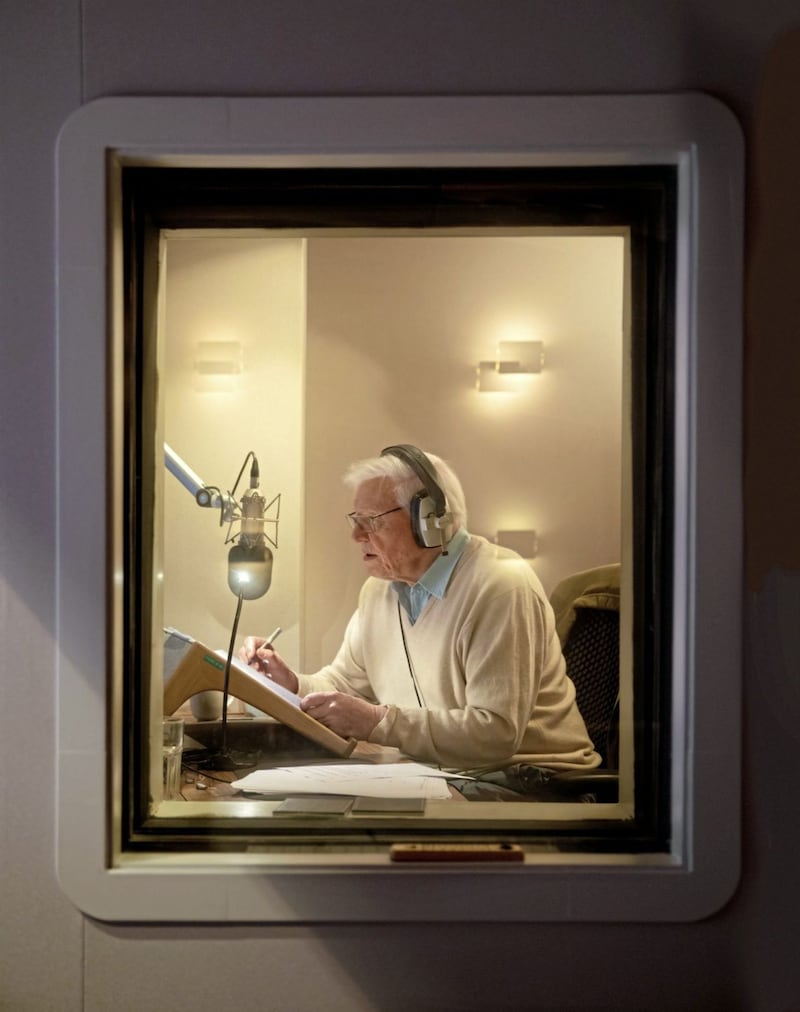
:: What do you hope that viewers take away from the new series?
This year perhaps more than ever, people are finding comfort and solace in the natural world. Whilst we may not be able to travel, we can take a few moments to enjoy our wonderful and diverse planet in this incredible footage.
Human activity is now so dominant, that it is disrupting the forces of nature and the vital habitats life needs to survive on Earth.
To preserve our planet we need to act now. And if we do that, there will still be time to restore the ecological balance that once made this Earth our perfect planet.
:: A Perfect Planet airs at 8pm on Sunday January 3 on BBC One.
